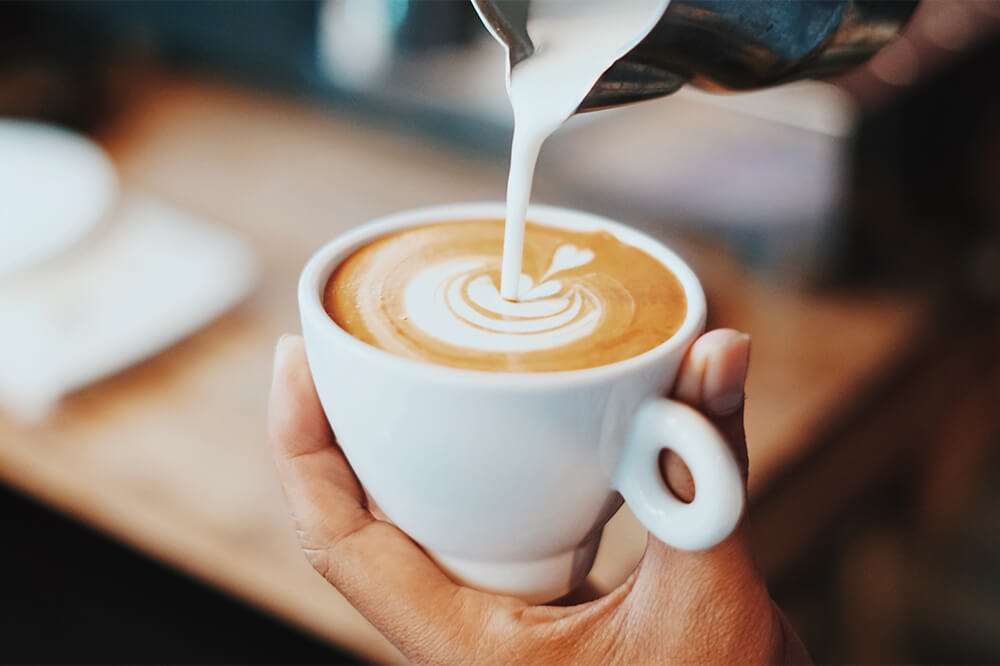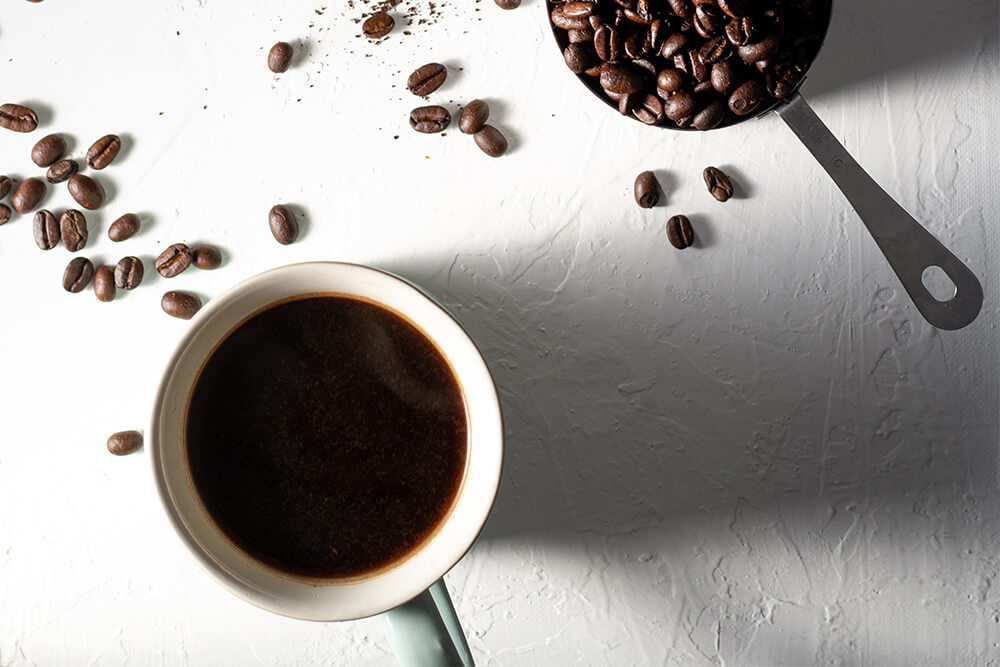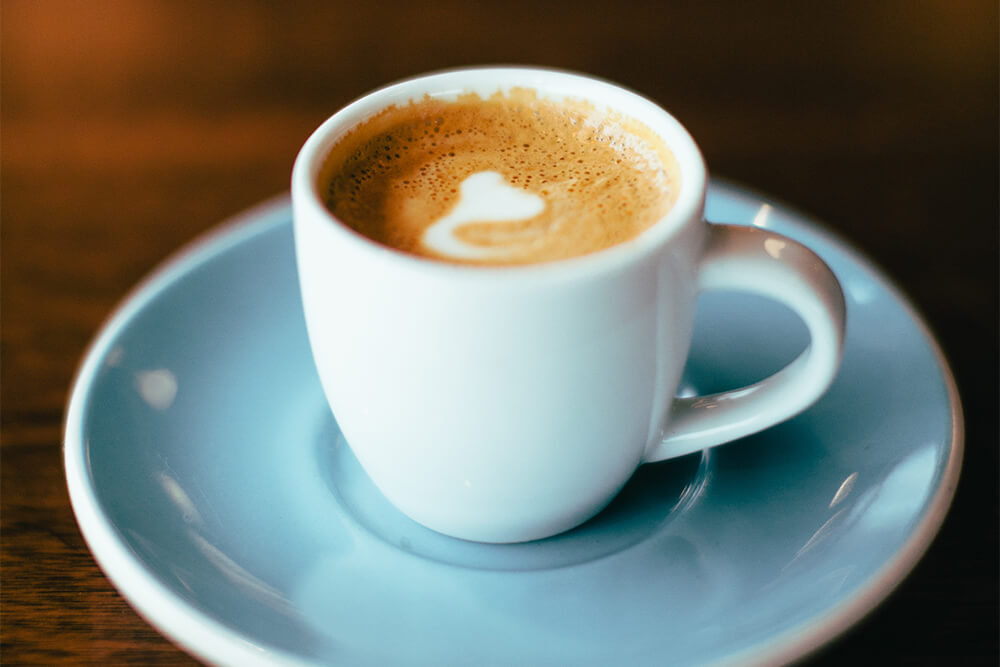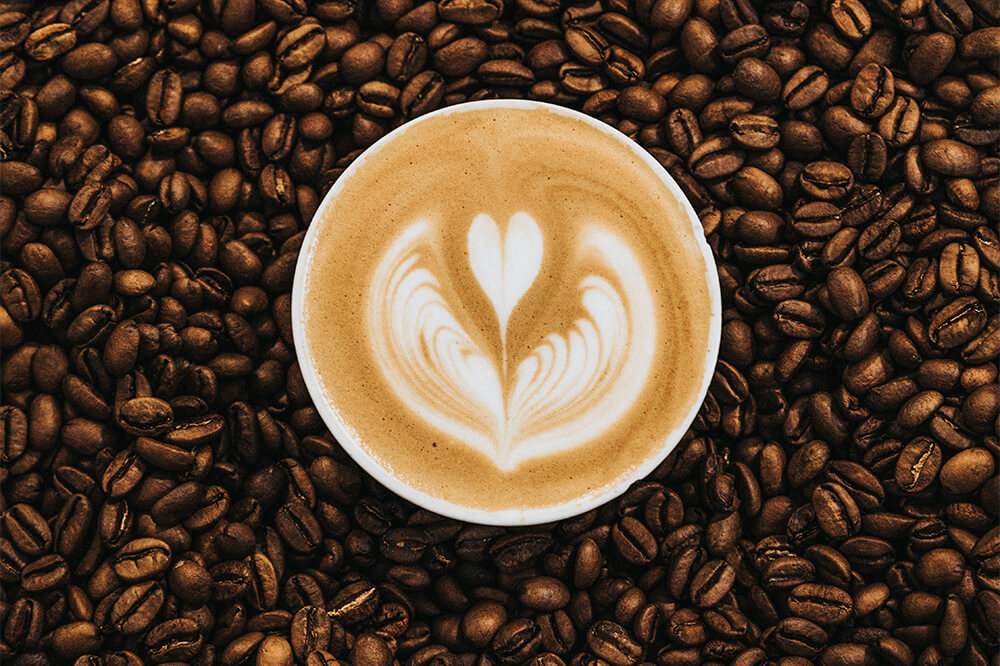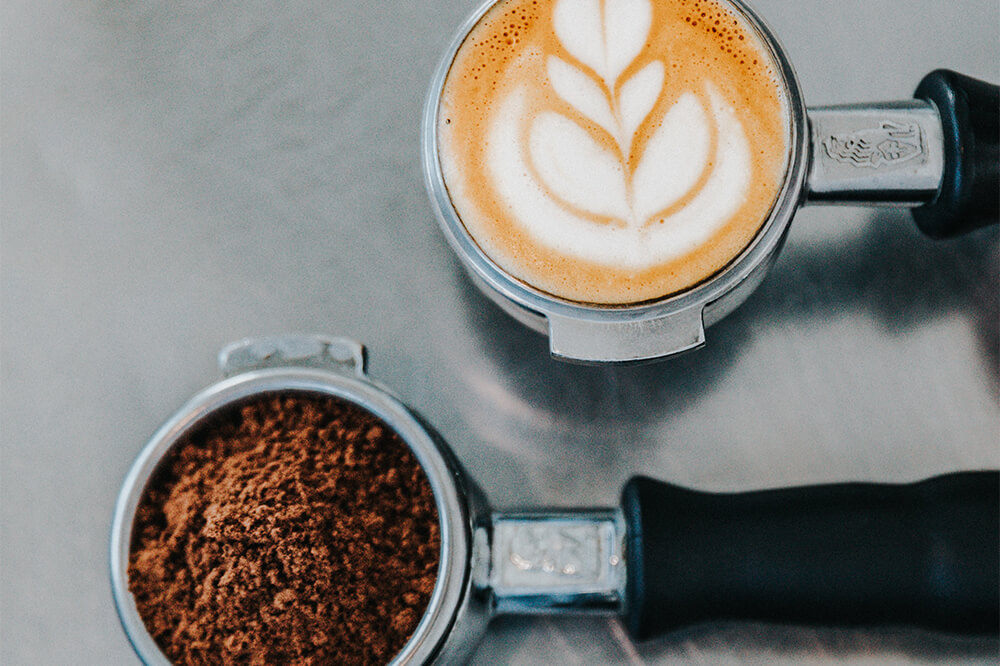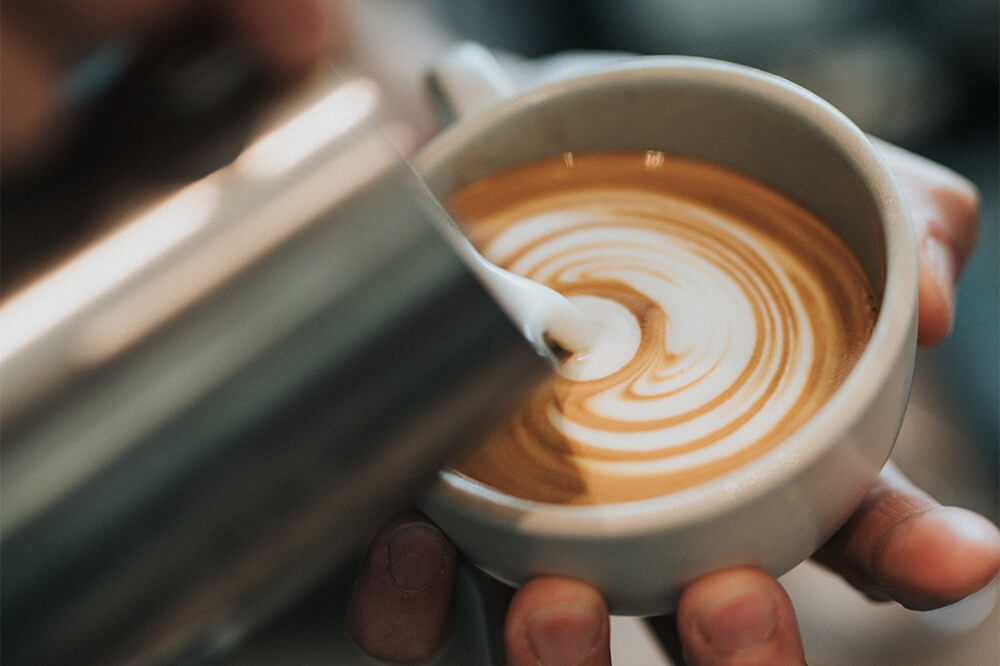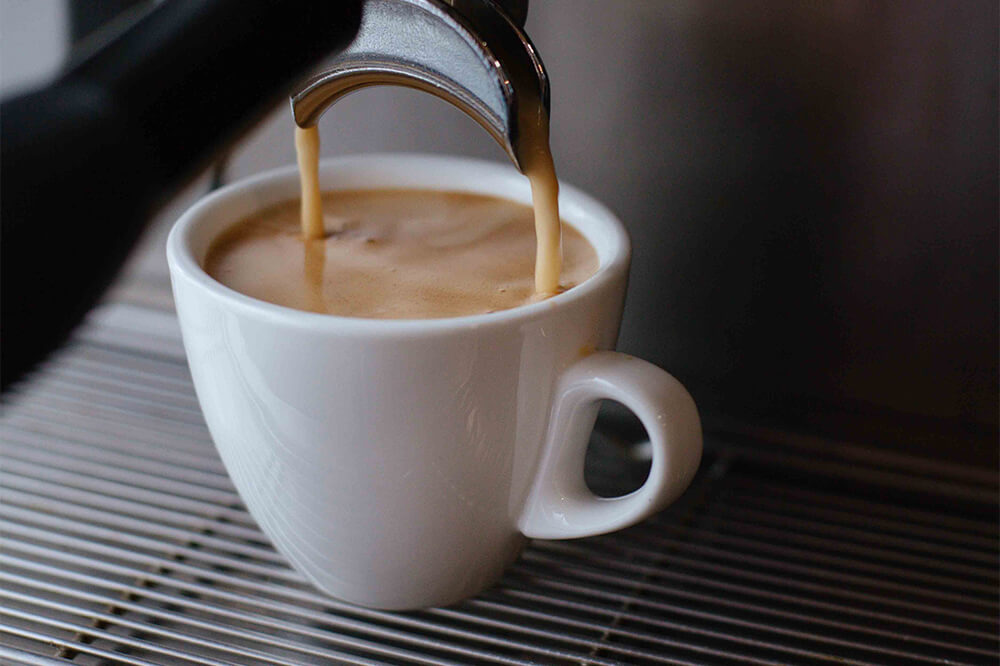Millions of people every day enjoy the popular beverage known as coffee, but when is the ideal time to sip it? Many people ask themselves this question. This article will discuss the ideal time to drink coffee, the physiological effects of caffeine, and how to maximize your coffee intake.
When to Drink Coffee Best
The ideal time to consume coffee can change based on a person’s schedule and sensitivity to caffeine. However, in general, mornings are the greatest time to drink coffee. Drinking coffee in the morning can aid to enhance mental performance, increase vitality, and enhance physical performance.
Additionally, coffee can assist to control the circadian cycle of the body, which can enhance the quality of sleep. Coffee should not be consumed too close to bedtime because the effects of caffeine can continue for several hours. Caffeine use between four and six hours before bedtime might disrupt sleep and cause insomnia.
The Body's Reaction to Caffeine
As a stimulant, caffeine has a variety of potential medical implications. The following are some of the most noticeable side effects: • Elevated heart rate and blood pressure: Caffeine can stimulate the neurological system, which can elevate heart rate and blood pressure.
- Increased urination: Caffeine may cause an increase in urine output and subsequent increased urination.
- Appetite suppression: Caffeine can reduce hunger, which may result in weight reduction.
- Improved cognitive performance and increased mental alertness are two benefits of caffeine.
- Improved physical performance: Caffeine has been shown to enhance physical performance, especially during endurance exercises.
How to Increase Your Coffee Intake
It’s crucial to be aware of your individual caffeine tolerance if you want to maximize your coffee intake. Here are some pointers:
- Watch how much coffee you consume: Caffeine overuse can have unfavorable side effects such jitteriness, anxiety, and insomnia.
- Pay attention to your body: Observe how your body responds to coffee.
- Listen to your body: Keep track of how your body responds to coffee and modify your intake as necessary.
- Try out various brewing techniques: They can have an impact on the amount of caffeine in coffee. A cup of drip coffee, for instance, often has less caffeine than a cup of espresso.
- Take into account switching to decaffeinated coffee if you are sensitive to caffeine or encounter bad side effects. Drink coffee in moderation:
Despite the fact that coffee has a number of advantages, it’s necessary to limit your intake. In conclusion, the ideal time to drink coffee can vary based on a person’s schedule and sensitivity to caffeine. However, in general, mornings are the greatest time to drink coffee. Drinking coffee in the morning can aid to enhance mental performance, increase vitality, and enhance physical performance. It’s crucial to consume coffee in moderation and to be aware of your personal caffeine tolerance. It’s also important to keep in mind that caffeine’s effects might linger for several hours, so it’s best to avoid drinking coffee too close to night.


